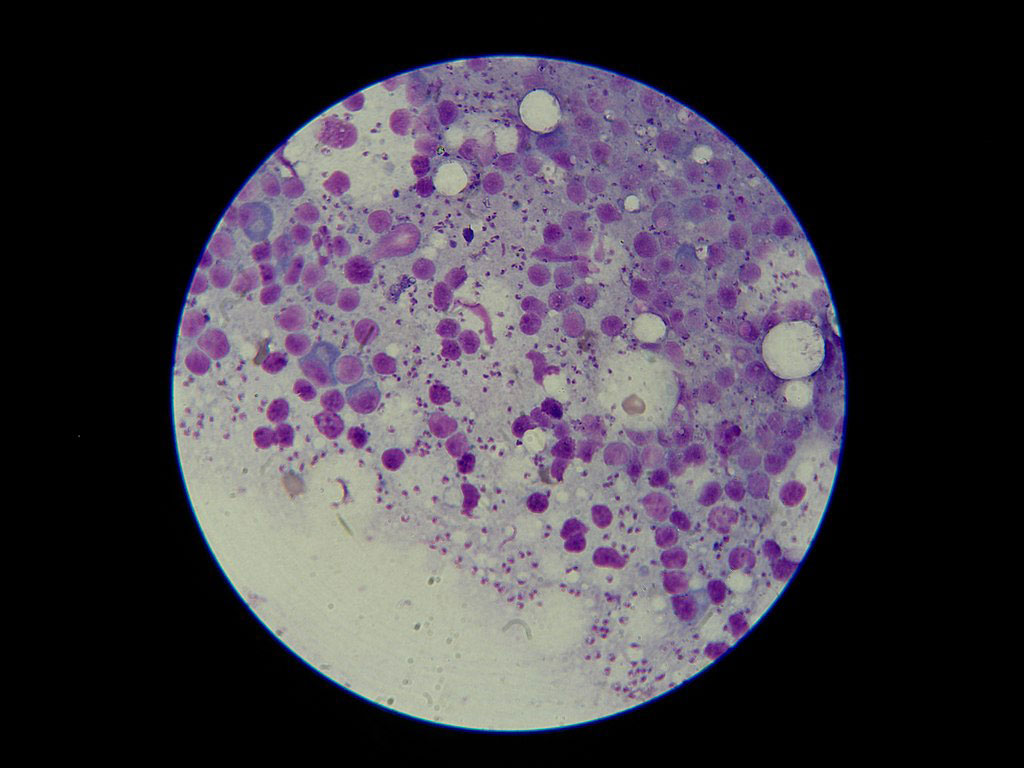PCR Test Detects Co-Infection by Novel Species of Parasite in Severe Cases of Visceral Leishmaniasis
Posted on 03 Nov 2023
Leishmaniasis remains an overlooked health concern worldwide, with Brazil experiencing an increase in the number of individuals co-infected by the protozoans Leishmania infantum and Crithidia. The most serious form of the disease, visceral leishmaniasis (VL), targets vital organs such as the spleen and liver, and if not correctly identified and treated, can be fatal. L. infantum is the primary cause of VL, and health professionals in VL-prevalent regions of Brazil are observing a spike in cases of co-infection by both L. infantum and Crithidia, the latter traditionally seen as a non-human-infecting mosquito parasite. Current diagnostic methods fall short of providing a clear picture due to the absence of simple, specific tests. Now, a new test can accurately identify the causative agent in less than two hours, enabling targeted treatment.
Researchers from the Federal University of São Carlos (UFSCar, São Carlos, Brazil) have developed a PCR test that analyzes the genetic material from samples and generates results quickly, in under two hours, thereby enhancing the detection process for the pathogens causing severe VL. This new approach represents a significant improvement over existing diagnostic tests that only recognize antibodies rather than the actual pathogens. The dye-based quantitative PCR assay, developed by the researchers, targets specific sequences from both L. infantum and Crithidia, which are found in experimental and clinical samples. Previously, two separate tests were necessary—one for each pathogen—but now, any laboratory equipped to conduct qPCR tests (which have become more common due to the COVID-19 pandemic) can perform this test. The test can also be a valuable tool for epidemiological studies, monitoring parasite levels, and checking the effectiveness of treatments.

In their research, the new test demonstrated high accuracy in detecting and quantifying both L. infantum and Crithidia in various samples, including those from humans and animals like dogs, cats, and even insects, whether through skin biopsies or bone marrow aspirations. The study analyzed 62 parasites from the tissues of VL patients, with 51 indicating the presence of Crithidia. Furthermore, the dual infection of Crithidia and L. infantum was discovered in two recent VL cases in Brazil. The researchers emphasize not only the test's accuracy but also suggest that Crithidia infection may be more common than previously understood and that co-infections with both parasites are particularly associated with the most severe cases of the disease.
“Although there are other molecular methods for identifying species, they require DNA sequencing of the sample, which is laborious, slow and expensive. Our test analyzes the parasite’s genetic material directly from vectors and human or animal tissue,” said Sandra Regina Costa Maruyama, a professor of evolutionary genetics and molecular biology at UFSCar. “Identifying the species of parasite correctly ensures that appropriate measures can be taken quickly to prevent progression of the patient’s clinical condition, potentially reducing mortality. It also points to the possible development of more specific drugs and treatments in the future.”
Related Links:
UFSCar














